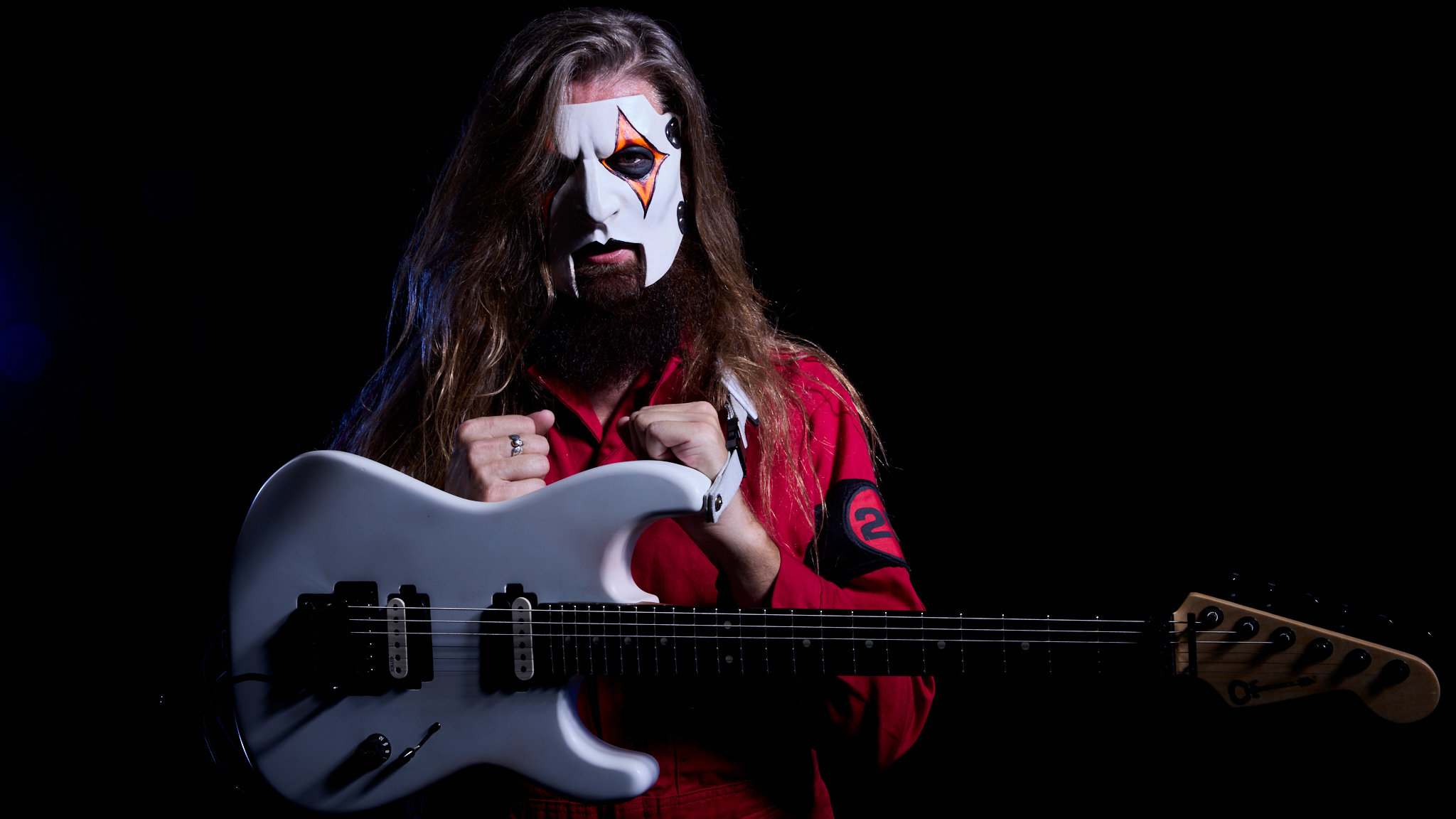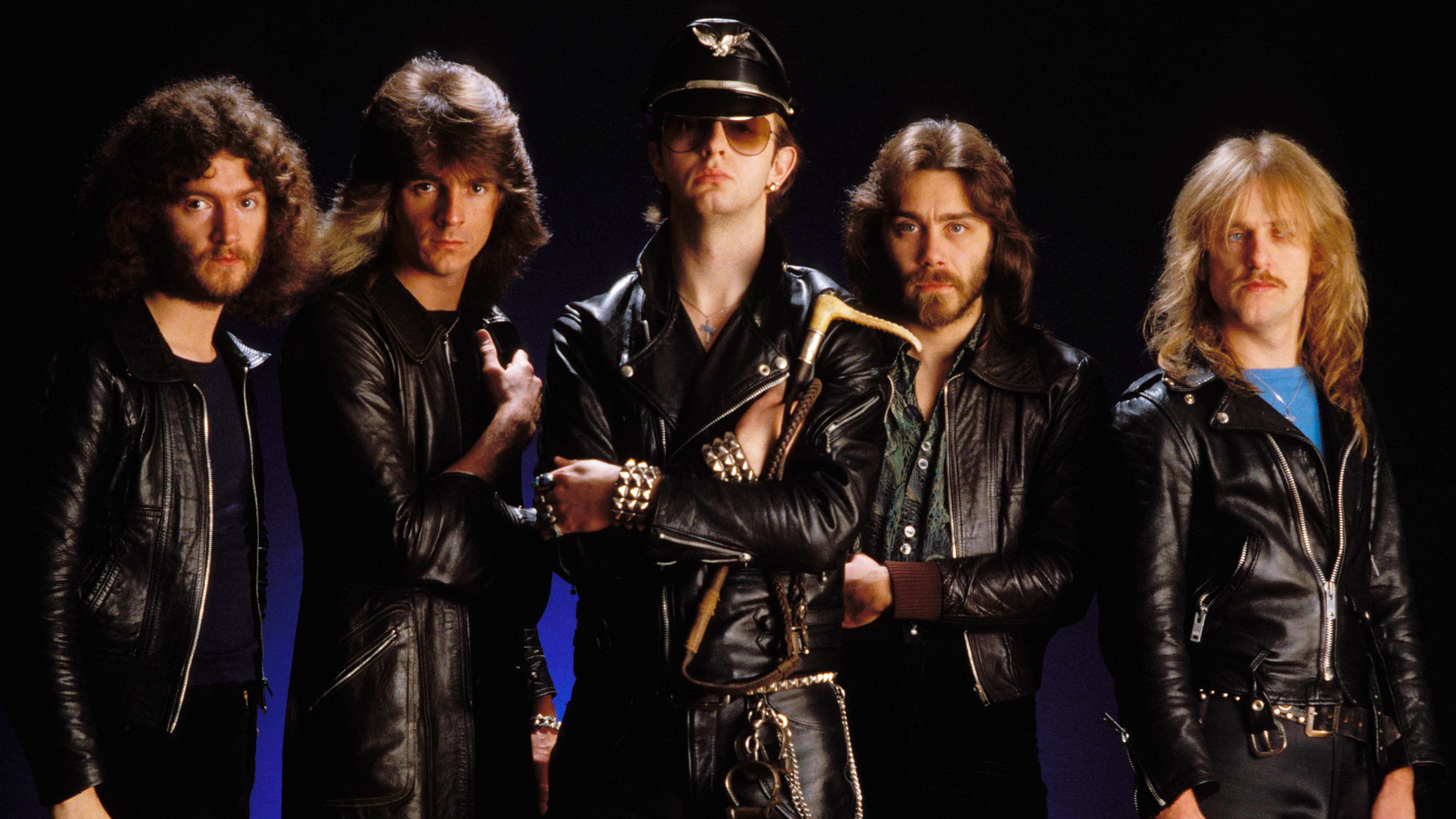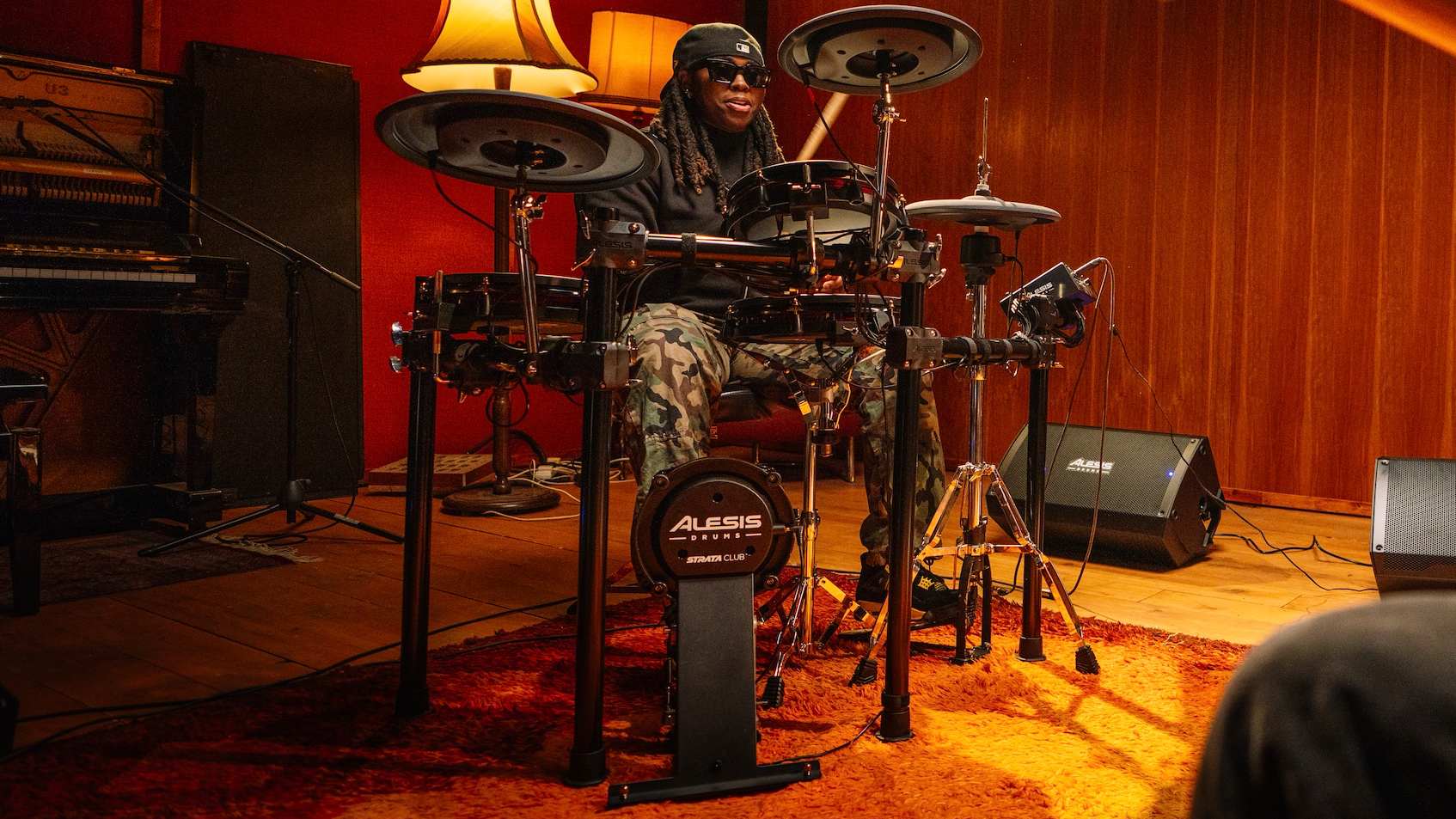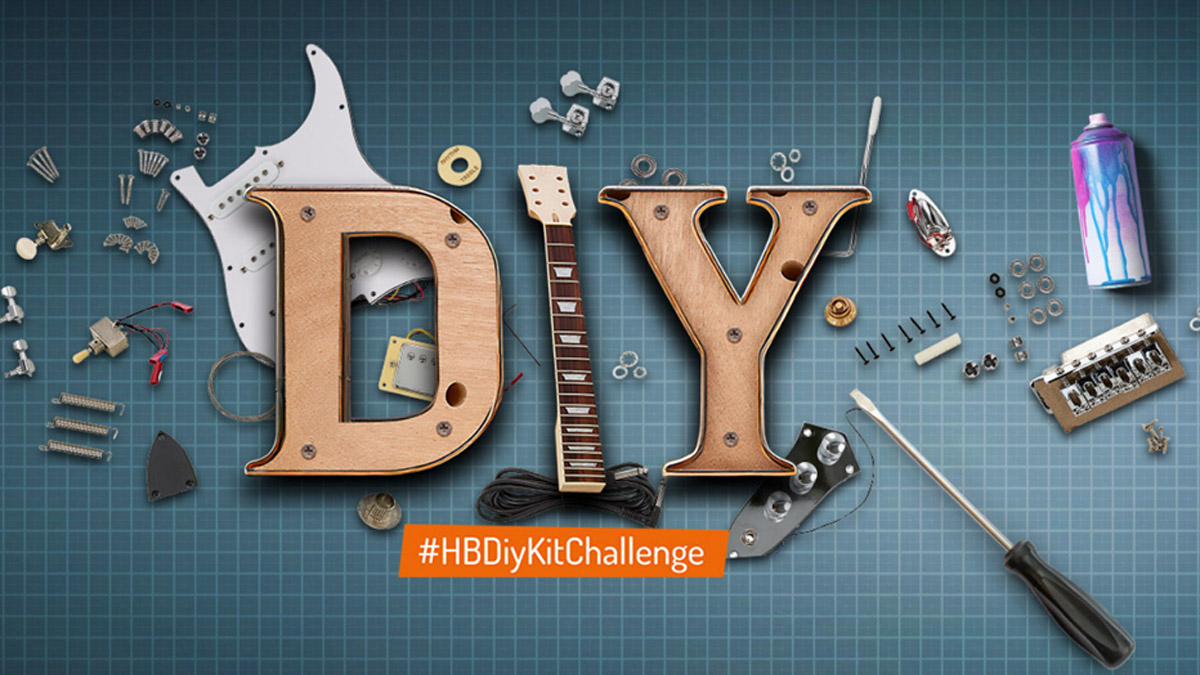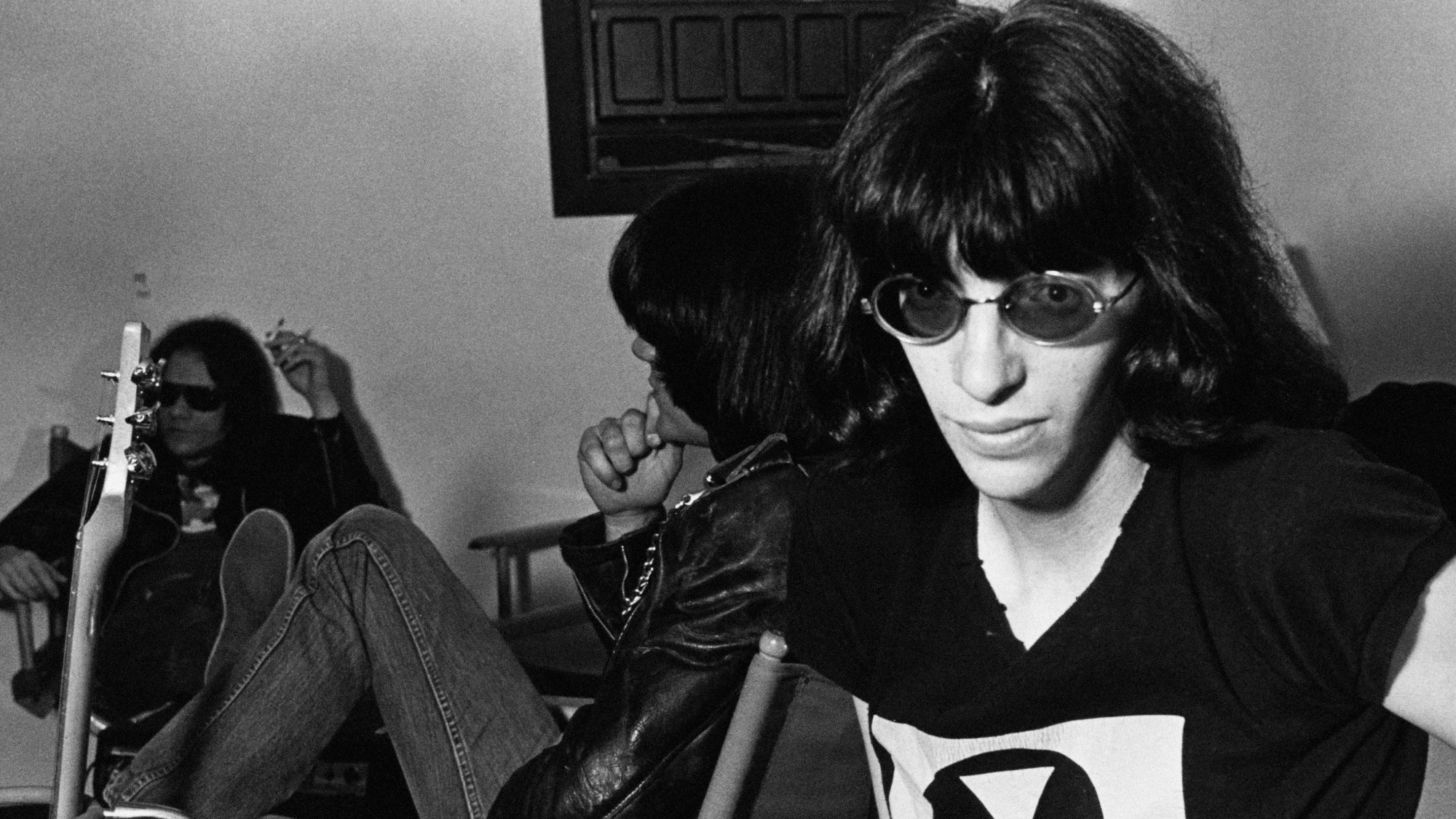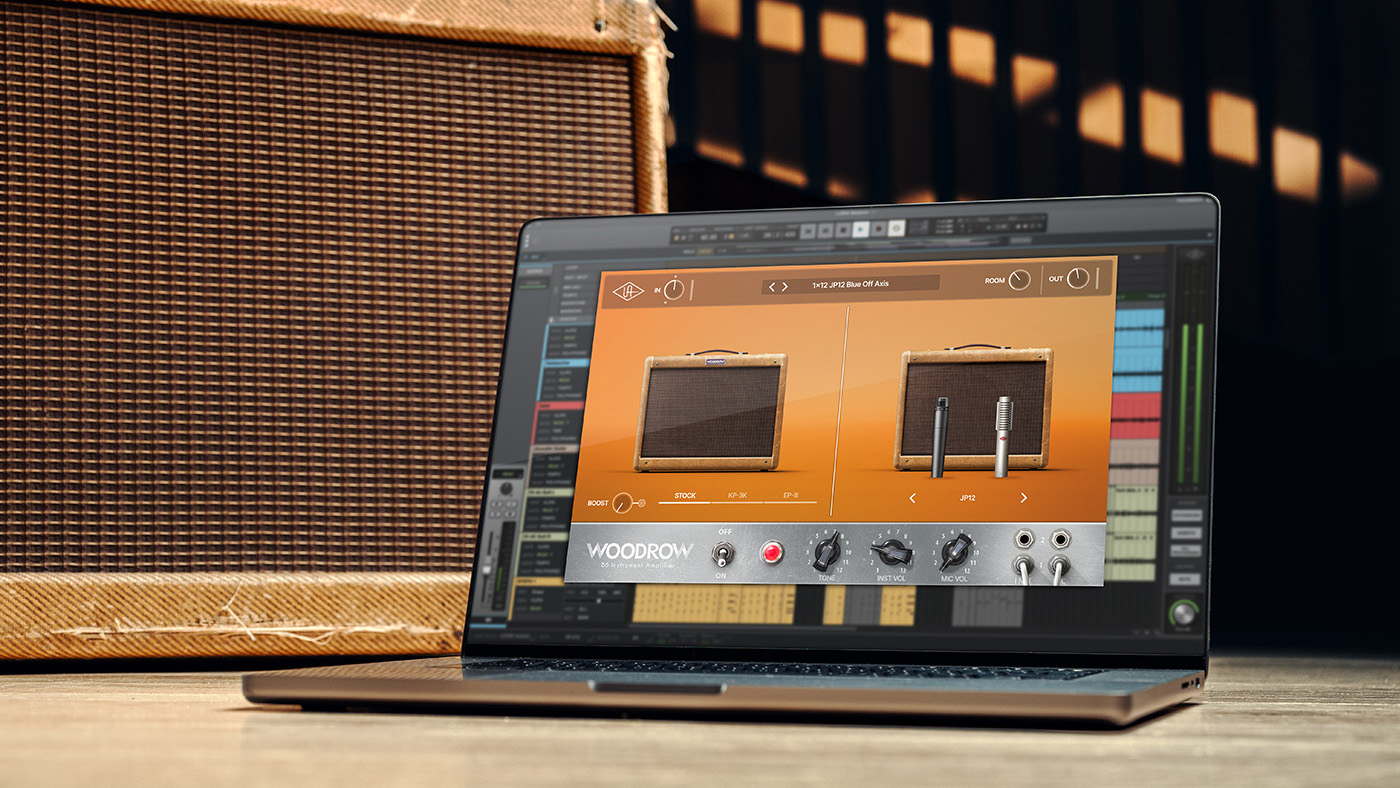"Every movement and gesture creates a new sound unique to them, which will make music much more expressive, and could even lead to new genres of music": ROLI unveils the Airwave, an expressive new way of learning and creating using its MPE instruments
Airwave harnesses five dimensions: sound, sight, touch, vision and voice

Furthering its innovative – and education-leaning – remit, ROLI has today announced Airwave, which it describes as a "breakthrough in musical interaction for both music learners and creators."
This new hardware frame smartly re-configures any ROLI keyboard (such as its Seaboard, LUMI Keys or Piano M) into an ‘intelligent piano’, harnessing vision and voice capabilities to make music learning ultra easy, and granting an even wider range of dimensions to explore for its MPE-savvy audience.
“Music learning and playing have been far too difficult for too long: intimidating, expensive, and one-size-fits-all,” states ROLI’s CEO, Roland Lamb. “At ROLI, we are on a mission to free the music, making it possible for anyone to learn the language of music with new digital tools that open up new possibilities of human expression.
"With recent advances in computer vision and AI, we are finally able to innovate beyond the keys, and can now bring this human-centric technology to music learners and creators alike.”
So, what exactly is Airwave? Ostensibly an aluminium stand for your keyboard, the small frame incorporates IR 170 3D infrared cameras and brand new ROLI Vision technology to map the hands of the player. It tracks each of the 27 joints in the hand, noting the subtle finger movements as they play in real-time.
It takes this data and can build personalised and responsive feedback which ROLI says "invites musicians to play in new, more intuitive ways across many more dimensions." Integration with the ROLI Piano M ($249, €229, £219) and ROLI Learn app ($99.99, €99.99, £79.99 annually) really opens up Airwave as an educational tool.
Fuelling Airwave is ROLI’s Musical Intelligence (MI) platform, which uses the principles of sound, sight and touch as its central pillars - with Airwave adding vision and voice. Future ‘intelligent’ products are set to follow.
Get the MusicRadar Newsletter
Want all the hottest music and gear news, reviews, deals, features and more, direct to your inbox? Sign up here.
On that ‘voice’ front, ROLI’s Piano AI technology draws on large language models to complement its hand-tracking capabilities, responding organically to natural voice commands – and providing a more human form of communication.
As ROLI states: "Ask your ROLI Piano to show you a chord, a full piece of music, or give you some time to level up your playing.”

Airwave looks to be both a unique and potentially game-changing music-learning tool, particularly when coupled with the ROLI Piano M’s light-up keys and instructional learning angle. Alternatively, creative musicians can use work with the expanded dimensions of control to concoct and explore new sonic frontiers: “With the simple raise of their hands, creators can transform a piano into a full orchestra, just as a conductor would,” states ROLI. “Or, morph mellow synth pads into searing leads with a tilt of the wrist."
Acclaim for Airwave has come from some notable names, particularly Fred Again producer Marco Parisi, who states that, “Airwave is a game-changer for creating music and in the way we perform. Every movement and gesture creates a new sound unique to them, which will make music much more expressive, and could even lead to new genres of music.”
We’re keen to see what new genres Airwave unlocks in its user-base. But for now, know that Airwave is shipping in early March 2025, and is available for preorder from ROLI, priced at $299, €299 and £249.



I'm the Music-Making Editor of MusicRadar, and I am keen to explore the stories that affect all music-makers - whether they're just starting or are at an advanced level. I write, commission and edit content around the wider world of music creation, as well as penning deep-dives into the essentials of production, genre and theory. As the former editor of Computer Music, I aim to bring the same knowledge and experience that underpinned that magazine to the editorial I write, but I'm very eager to engage with new and emerging writers to cover the topics that resonate with them. My career has included editing MusicTech magazine and website, consulting on SEO/editorial practice and writing about music-making and listening for titles such as NME, Classic Pop, Audio Media International, Guitar.com and Uncut. When I'm not writing about music, I'm making it. I release tracks under the name ALP.
"Yamaha has achieved an extraordinary level of immersiveness and realism, crafting an instrument that sounds closer to an acoustic piano and feels like one under your fingers": Yamaha Clavinova CLP-885 digital piano review
"Despite its size, it delivers impressive audio quality and premium functions as well as featuring a good selection of inspired sounds": Roland GO:Piano 88PX review



